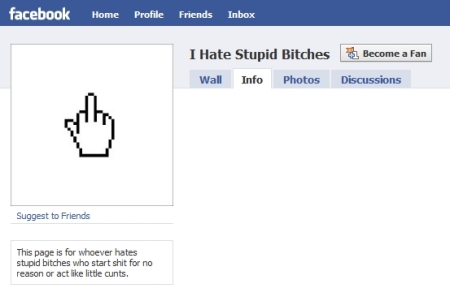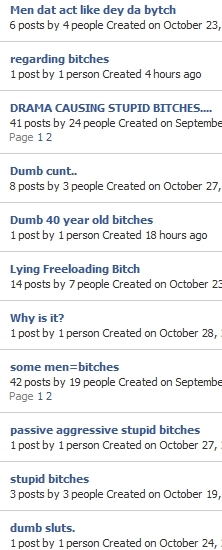Jay Smooth’s video “Pop Life and Race Matters” aka “Why I’m Not Making a Video About John Mayer”
TRANSCRIPT –
Jay Smooth: John Mayer. Damn you John Mayer! Why are you doing this to me?
I made a New Year’s Resolution for 2010 not to fixate on weird racial comments from celebrities. And up until now I was winning the battle; I was thirty days clean. Since the new year started, there’s been a whole bunch of juicy racial moments in the media: Harry Reid with the ‘Negro dialect’; Chris Matthew’s forgetting Obama was black; NBC serving fried chicken for Black History Month.
I was dying to go in on all those things, but I resisted the temptation. I was doing so well, until John Mayer came along to tempt me with this enchanted apple of racial soundbite lunacy. I mean, just look at it; it’s so perfect. His white privilege is a wonderland. There’s so much wrongness there you could just swim in it.
But I am still not gonna jump in. Because no matter how much I enjoy dissecting this kind of thing, and even though I do think there can be value in that conversation, I also feel like nowadays we spend so much time on these media soundbite race questions – we spend so much time dissecting people’s words and speculating about their emotions and attitudes on Black/White issues – that we forget about a lot of other important questions.
First of all, we forget that every race issue is not a Black/White issue, and second of all we forget that a whole bunch of the biggest race questions – the ones that impact our lives the most and that we most need to change – are the ones that don’t manifest in the form of words or people’s emotions.
A lot of the most important race issues are institutional, systemic, structural issues. Questions like, “Why, in 2010, do black people still not have the same educational opportunities, the same access to health care, the same economic and employment opportunities? Why are black people so disproportionally affected by this recession? Why, in 2010, does it so often seem like on an institutional, systemic, structural level black people are still disproportionally affected by almost everything that’s bad?”
Those questions cannot be answered by analyzing the racial awkwardness of a YouTube video.
Answering those questions means figuring out how we can change public policy, and pressuring the government from inside and outside to make those changes. It requires building and maintaining our own organizations that can help to fill all those structural holes in our communities. It requires all kinds of complicated work that I’m not qualified to articulate because I study pop culture all day.
Addressing those issues requires a lifetime of study and struggle just to move them one inch in the right direction. And yet, most of us hardly ever spend time studying or struggling with those issues because we’re too busy trying to pinpoint the exact nature of John Mayer’s craziness. And I’m just as guilty of that as anybody else; I’m a music and art pop culture media person and I’m always going to be drawn to those kind of stories. And I think our constantly evolving yet eternally stagnant relationship with race needs to be studied from as many different angles as possible.
So I’m not saying we should always ignore those pop culture moments – I’m not saying we should go cold turkey – but I am hoping, in 2010, to spend a little bit less time obsessing over words and emotions and pop culture questions, and a little bit more time figuring out how to grapple with all those other big questions. And as my first step on that endeavor, I am now initiating Operation Ignore John Mayer. I don’t care how many times you tweet me – no. No. Just no.
![[Friend] has joined the group I Hate Stupid Bitches [Friend] has joined the group I Hate Stupid Bitches](https://wanderinglost.files.wordpress.com/2009/10/new-bitmap-image.jpg?w=450)

